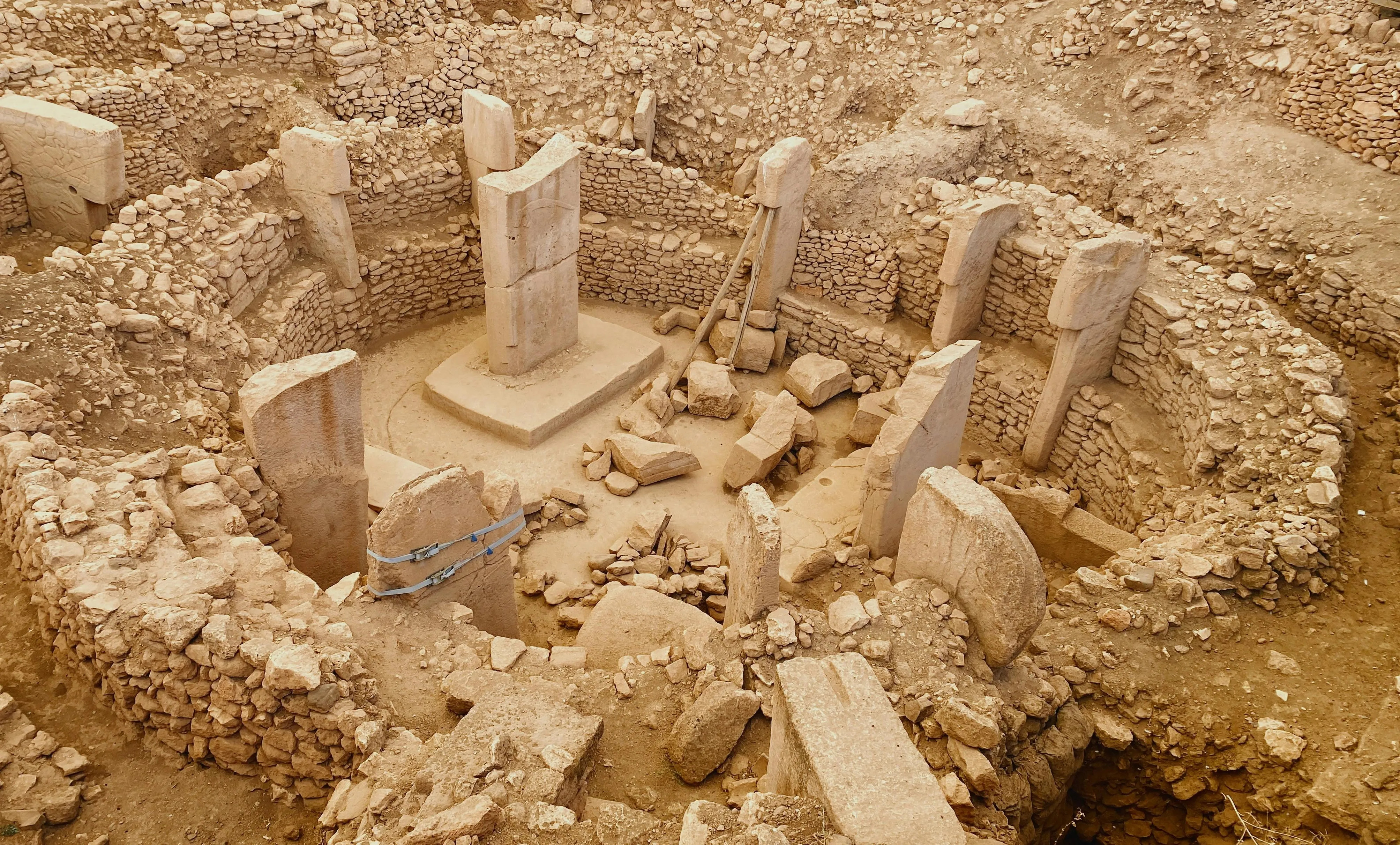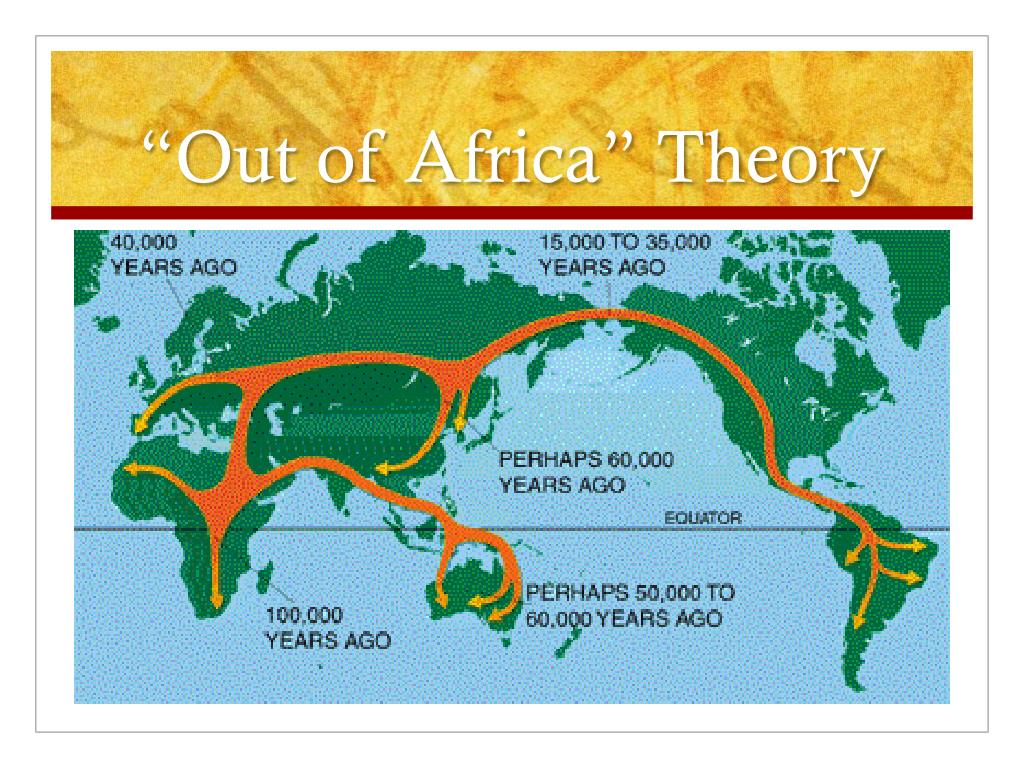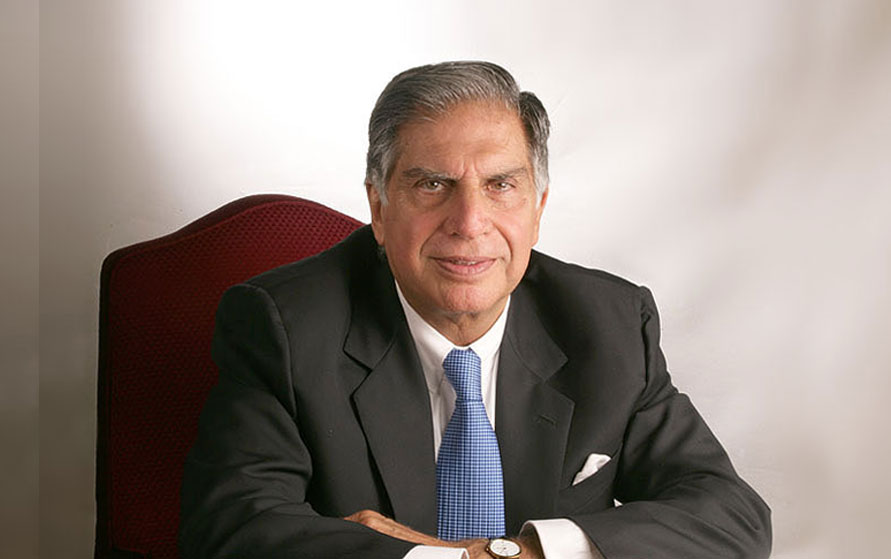Zionism's Evolution - From Nationalist Movement to Global Debate

The Origins of Zionism
Zionism's evolution is deeply rooted in its origins, which emerged in eastern and central Europe in the late 19th century as a Jewish nationalist movement. This movement sought to reestablish a Jewish homeland in Palestine, then under Ottoman rule, due to growing anti-Semitism and persecution in Europe.
The Founding Father: Theodor Herzl
Theodor Herzl is widely regarded as the founder of modern Zionism. His book, "Der Judenstaat" ("The Jewish State"), published in 1896, laid the groundwork for the movement. Herzl's vision was to create a Jewish state as a solution to the Jewish question in Europe, where Jews faced discrimination and persecution.
Roots in Jewish History and Judaism
While Herzl is considered the founder of modern Zionism, its roots stretch back to earlier Jewish history and Judaism. The concept of a Jewish homeland has its roots in biblical times, with the ancient Israelites' connection to the land of Israel. Throughout Jewish history, there have been various movements and ideas that sought to reestablish a Jewish presence in the land.
The Core Beliefs of Zionism
Understanding the Foundations of Zionism
Zionism, a complex and multifaceted movement, has evolved significantly since its inception. At its core, Zionism is rooted in two fundamental beliefs that have shaped its trajectory and continue to influence its development.
1. Judaism as Nationality and Religion
Zionists believe that Judaism encompasses both nationality and religion, a notion that has been a cornerstone of the movement since its early days. This belief asserts that Jews constitute a distinct nation, entitled to self-determination and a sovereign state in their ancestral homeland, Israel.
2. The Quest for a Jewish Homeland
The Zionist movement initially aimed to establish a Jewish national or religious community in Palestine, which later shifted its focus towards supporting the modern State of Israel. This objective has been a driving force behind Zionist efforts, shaping policies and initiatives throughout the movement's history.
Evolution and Debate
As Zionism continues to evolve, its core beliefs have sparked intense debate and discussion. The movement's transformation from a nationalist movement to a global debate has raised important questions about identity, self-determination, and the complexities of modern geopolitics.
Zionism's Impact and Controversies
Reestablishment of Israel
Zionism has played a pivotal role in the reestablishment of Israel as the central location for Jews worldwide. The movement's emphasis on Jewish nationalism and self-determination has led to the creation of a Jewish homeland, providing a sense of security and belonging for the Jewish people.
Controversies and Diverging Perspectives
However, the term 'Zionism' has become controversial, with enormous disagreement over its meaning and implications, particularly in the context of the Israeli-Palestinian conflict. While some view Zionism as a legitimate expression of Jewish nationalism, others see it as a form of colonialism, displacement, and oppression.
Global Debate and Critique
The debate surrounding Zionism has evolved into a global discussion, with critics arguing that the movement's ideology perpetuates inequality, occupation, and human rights violations. Proponents, on the other hand, assert that Zionism is essential for Jewish survival and self-determination.
Complexities and Nuances
As the discussion continues, it becomes increasingly important to acknowledge the complexities and nuances within the Zionist movement. The evolution of Zionism has led to diverse perspectives, ranging from liberal to conservative, each with their own interpretation of Jewish identity, nationalism, and the Israeli-Palestinian conflict.
Path Forward
Ultimately, understanding Zionism's impact and controversies requires a willingness to engage in respectful dialogue, consider multiple viewpoints, and acknowledge the multifaceted nature of the issue. By doing so, we can work towards a more informed and empathetic global community.
Zionism in the Modern Era
A Complex and Multifaceted Concept
Today, Zionism remains a complex and multifaceted concept, with various interpretations and criticisms. The term Zionism has evolved over time, encompassing a range of perspectives and ideologies. At its core, Zionism advocates for the establishment and support of a Jewish homeland in the territory of Israel, but its meaning and implications have expanded and diverged in the modern era.
Understanding Zionism's History, Beliefs, and Impact
Understanding Zionism's history, beliefs, and impact is crucial for navigating the ongoing debates surrounding Israel, Judaism, and the Middle East. The movement's origins, evolution, and various interpretations have shaped the modern discourse on Zionism, making it essential to examine its development and current manifestations. By exploring the complexities of Zionism, individuals can gain a deeper understanding of the issues driving global conversations and conflicts.


















Comments ()